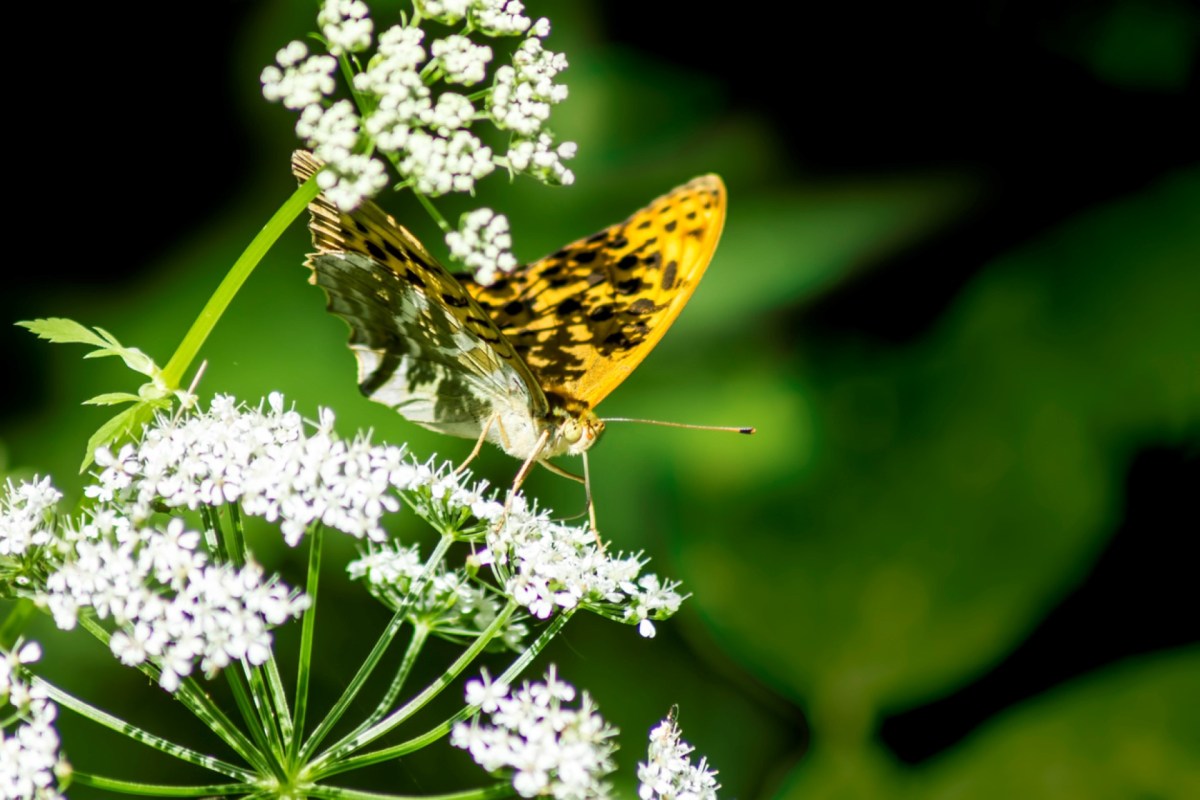Northern California's golden coastline is about to get much more orange thanks to a green initiative.
As detailed by Good News Network, a joint effort by California State Parks, the Bureau of Land Management, the Laguna Foundation, the Sequoia Park Zoo, and Wynn Coastal Planning & Biology is set to help Behren's silverspot butterfly return in numbers to the coastline of Northern California.
The project, supported by a $1.5 million grant from the State of CA Wildlife Conservation Board, is a multi-stage, four-year plan — and it isn't coming a moment too soon.
The butterfly was federally listed as an endangered species in 1997, and Good News Network reports that scientists working on this project told SF Gate that there have been less than 100 documented sightings of them over the past 15 years.
With the grant, the Mendocino Land Trust will plant 35,000 early blue violets, the only plant these butterflies' caterpillars can eat, along with a cocktail of supporting native plants.
Native plants — plants that naturally occur in a specific area and are adapted to the region's moisture level, soil, weather, and native wildlife — are crucial to a thriving ecosystem. Invasive plants — those that do not naturally occur in an area and whose introduction harms environmental or human health — on the other hand, can be catastrophic to ecosystems.
Invasive grasses have decimated the native early blue violets along Northern California's Mendocino coastline, and the conversion of these plants back to native wildflowers will cover 53 acres.
On top of planting the flower buffet, Speyeria Conservation and Research has 1,412 caterpillars that will be released into this new habitat this spring.
"MLT's winning this grant is a victory for the butterfly and a testimony to the dedication of all of these organizations," the Mendocino Land Trust wrote in a statement.
Pollinators like butterflies are vital to a thriving planet and our food system. Similar efforts are being made to help the endangered monarch butterfly.
While not everyone has $1.5 million, we can all do our part to help these pollinating powerhouses by taking actions like rewilding yards and controlling weeds and pests without chemicals that harm pollinators and the environment.
Join our free newsletter for cool news and cool tips that make it easy to help yourself while helping the planet.









